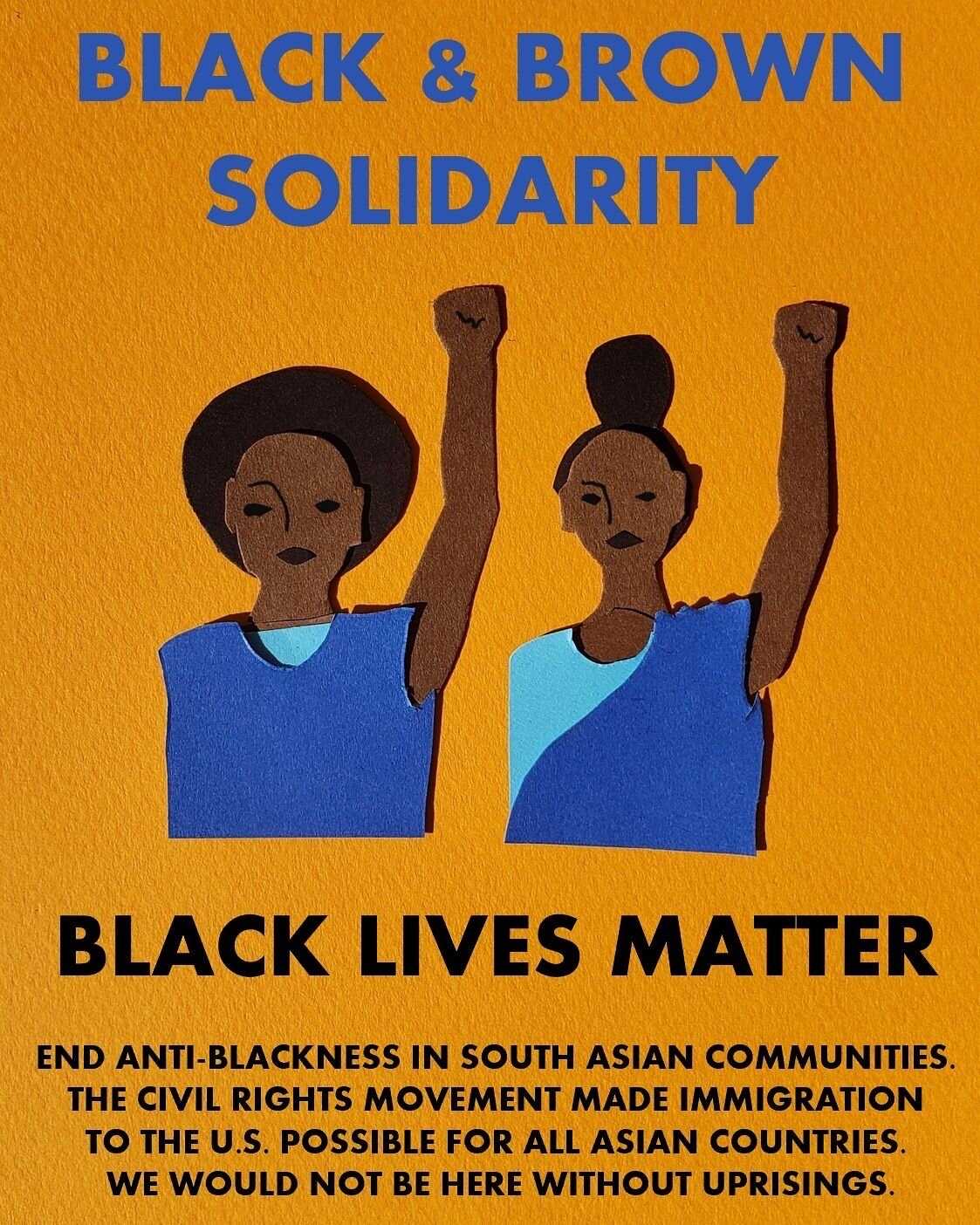2020-2021 HTDTWT seminar Amit S. Rai: The Subaltern and the “Free Negro”: Postcolonial Criticism, Afro Pessimism and the Intersectionality of Solidarity
Participating students in their first year: René Landspersky, Marilu Mapengo Namoda, Miyoung Chang, Hannah Jones, Morena Buser, Nash Caldera; and in their second year: Anna Toth, Azul De Monte, Litchi Friedrich, Miguel Ferraez and Gabriela dos Santos.
The seminar from month to month
INTRODUCTION: The Subaltern and the “Free Negro”: Postcolonial Criticism, Afro Pessimism and the Intersectionality of Solidarity
The public lynching of George Floyd and the police murder of Breonna Taylor in her own home have once again highlighted the history and function of American state violence and white supremacy in the abjection of the “Free Negro” (Warren 2018). What has been highlighted in Afro Pessmism for quite some time has been the difficulties of practical and substantive solidarity amongst Asian American, Latinx, and African American communities, and radical working class white communities. This year’s seminar explores this problem of solidarity from the transnational feminist perspective of decolonisation and intersectionality.
We will continue our critical consideration of the space-times of neoliberal debt through analyses of the strategic cultivation of normalised human capital. Here we have found the framework of radical Black feminist intersectionality developing an “image of praxis” as a refusal of and exit from the regime of the White Sovereign Male Subject. We will pursue these overlapping analyses of the ongoing dispossession of surplus populations through new regimes of “primitive accumulation” as well as the immense and immeasurable potentiality of a people’s decolonising becoming (Palestine and BLM).
If post-colonial theory and Black radical study have a common lineage in and beyond Western Marxism, if that legacy has a genealogy of struggle linking the overthrow of colonial slavery (1807) to the moment of Asian, Caribbean, and African decolonisation (c. 1945-1975) to the intersectional feminist critique of violence against women of color and indigenous women (1980-present), if these shared and contested histories of struggle are among today’s critical starting points for a renewed politics of solidarity, then what methods of collective experimentation in organisation and material assemblages of desire (art and culture) can enliven this potential politics? How does the subaltern organise? How can the critique of the “Free Negro” affirm spirit?
We will read from a broad range of radical political economy, philosophy, revolutionary theory, critical race studies, feminism, Black radical, Marxist, postcolonial traditions/formations. We will consistently circle back to what may be understood as refrains running through the readings: habit, habituation, process processing, race racing, ecologies as radically processual multiplicities of sense and sensation, affective politics, the politics of non-coinciding resonant unities (bodies, assemblages), the technical and organic composition of capital, identity as the minimal degree of infinite difference, etc. We gather then at a moment where we can perceive the potentiality in the convergence of revolutionary organisation with Black liberation, and we can be affected by the counter-memory of schizophrenia in a caste-stratified village in Maharashtra, India. In gathering to study collectively, we also honour the revolutionary project of the EZNL of the mountains of the Mexican South West (even as we don’t forget the betrayals in the history of the FMLN in El Salvador, or the Sandinistas in Nicaragua), and the black radical memory of Amilcar Cabral, and the practice of transnational solidarity in the work of Angela Y. Davis and Gayatri Chakravarty Spivak.
Possible Texts:
Hall, Stuart. "Race, Articulation, and Societies Structured in Dominance" [1980]. Essential Essays, Volume 1: Foundations of Cultural Studies, Stuart Hall, David Morley. Durham: Duke University Press, 2018.
Heidegger, Martin. “The Question Concerning Technology” [1954]. In Hanks, C. (ed.). Technology and values: Essential Readings. New York: John Wiley & Sons, 2009.
Kelley, Robin. Freedom Dreams: The Black Radical Imagination. Boston: Beacon Press, 2002.
Marriott, David. “Corpsing; or, The Matter of Black Life.” Cultural Critique 94 (2016): 32–64.
Mbembé, Achille. “Necropolitics,” translated by Libby Meintjes. Public Culture 15, no. 1 (2003): 11–40.
Olaloku-Teriba, Annie. “Afro-Pessmism and the (Un)Logic of Anti-Blackness.” Historical Materialism (2018): 1-27.
Robinson, Cedric J. . Black Marxism: The Making of the Black Radical Tradition. Chapel Hill: Univ of North Carolina Press: 2000.
Sexton, Jared. “People-of-Color-Blindness: Notes on the Afterlife of Slavery.” Social Text 28 no. 2 (2010): 31–56.
Sexton, Jared. “Ante-Anti-Blackness: Afterthoughts.” Lateral 1, no. 1 (2012).
Spivak, Gayatri Chakravarty. “Can the Subaltern Speak?” In Marxism and the Interpretation of Culture, edited by C. Nelson and L. Grossberg, 271–313 Urbana, IL: University of Illinois Press, 1988.
Warren, Calvin L.. Ontological Terror: Blackness, Nihilism and Emancipation. Durham, NC: Duke University Press, 2018.
Wilderson, Frank B.. “Grasmci’s Black Marx: Whither the slave in Civil Society?” Social Identities 9, no. 2 (2010): 225–240.
Wilderson, Frank B.. “‘We’re Trying to Destroy the World’: Anti-Blackness and Police Violence After Ferguson.” In Shifting Corporealities in Contemporary Performance, 45–59. New York: Palgrave Macmillan, 2018.
Wilderson, Frank B.. Afro-Pessimism. New York: W. W. Norton, 2020.
Willhelm, Sidney M. Can Marxism Explain American Racism? Social Problems 28, no. 2 (1980): 98–112.

